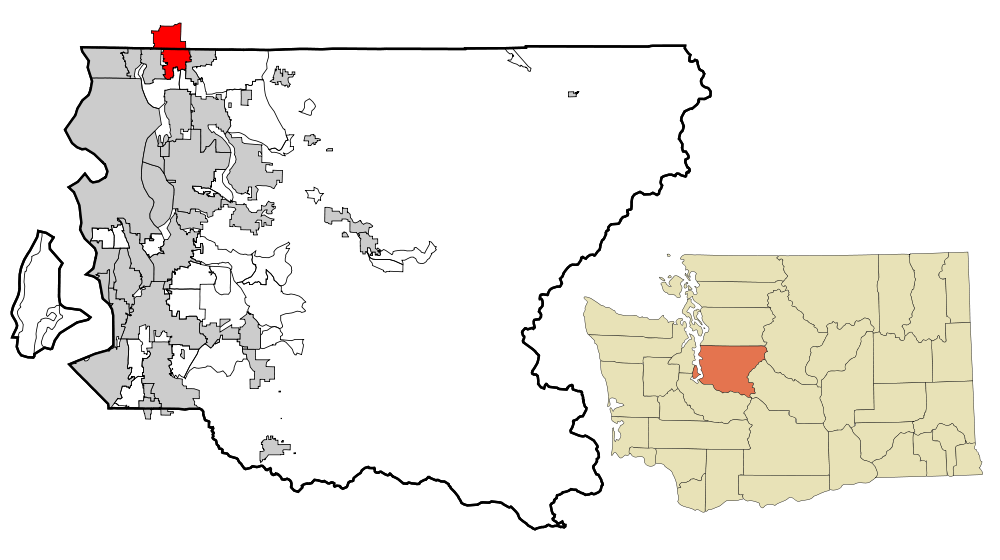In general, I would say that there is certainly nothing wrong with using the word county when referencing a US place name. In some cases, it is necessary in order to correctly identify the location. For instance, Wikipedia claims (https://en.wikipedia.org/wiki/List_of_towns_in_New_York) that there are 11 pairs of towns in New York that share the same name but are located in different counties. Without specifying which county, it would be difficult or impossible to identify the correct location.
On the other hand, as was mentioned in another answer, some county borders have changed substantially in the past. Thus, using the name of the contemporary county could potentially cause confusion, rather than clarify the issue. For example, say you had an ancestor living in what is now Manchester, Bennington County, Vermont around 1767. At the time, that was considered part of Albany County, New York. However, there is also a town in what is now Ontario County, NY named Manchester, and in 1767 that would also have been part of Albany County (technically, the second Manchester wasn't settled until 1793, but the general point still stands). Today, however, there is no town named Manchester located within Albany County, NY. So if you listed a location as "Manchester, Albany County, NY," it is quite possible that a future descendent reading your research would not know what town, or even what state, their ancestor came from.
Another thing to consider is whether it helps you or another genealogist find records in the future. If you have relatives in the south or west, many vital records will be kept at the county level, so knowing which county an event took place in will help substantially in finding other supporting records. On the other hand, if your relatives are from New England, all of the vital and probate records are kept by the towns. Thus, knowing the county tells you very little.
Basically, I would second what Jan Murphy said - use whatever makes the data least ambiguous and offers the most clarity.
In many ways, I think this is related to the eternal question of whether to use the name of the place as it was known then, or the name as it is now. As with that question, I think it very much depends on the exact situation.
